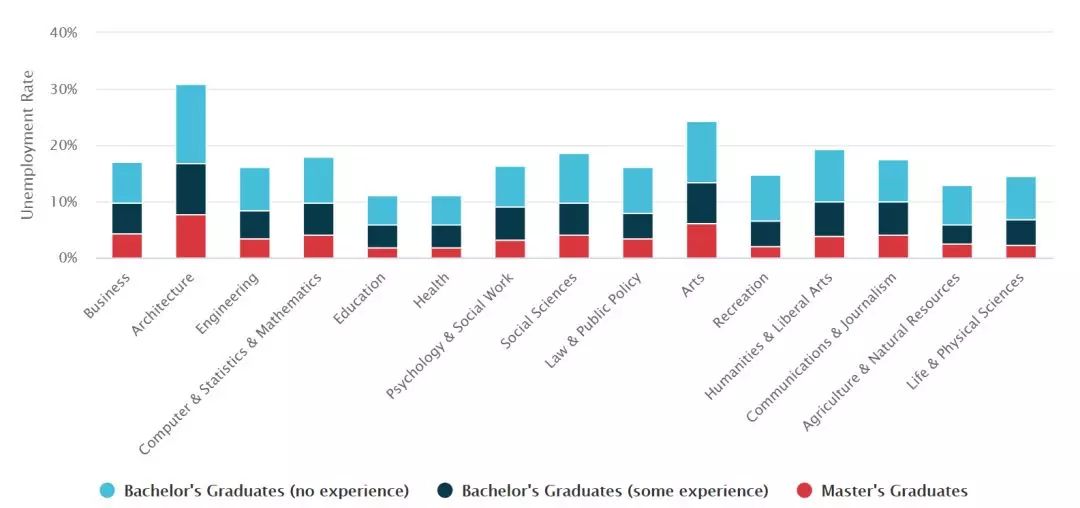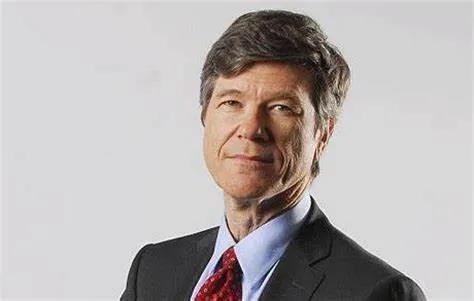Jonathan Edwards (1703–1758) is widely acknowledged to be America"s most important and original philosophical theologian. His work as a whole is an expression of two themes — the absolute sovereignty of God and the beauty of God"s holiness. The first is articulated in Edwards" defense of theological determinism, in a doctrine of occasionalism, and in his insistence that physical objects are only collections of sensible “ideas” while finite minds are mere assemblages of “thoughts” or “perceptions.” As the only real cause or substance underlying physical and mental phenomena, God is “being in general,” the “sum of all being.”
Edwards" second theme is articulated in accounts of God"s end in creation, and of the nature of true virtue and true beauty. God creates in order to manifest a holiness which consists in a benevolence which alone is truly beautiful. Genuine human virtue is an imitation of divine benevolence and all finite beauty is an image of divine loveliness. True virtue is needed to discern this beauty, however, and to reason rightly about “divine things.”
Edwards" projected History of Redemption would have drawn these themes together, for it is in his redemptive work in history that God"s sovereignty, holiness, and beauty are most clearly exhibited.
1. Life
Edwards was born into a family of prominent Congregational ministers in East Windsor, Connecticut in 1703. In 1716 Edwards enrolled in Yale where he read Newton and Locke, and began “Notes on the Mind” and “Notes on Natural Science.” Locke"s influence on his epistemology, philosophy of language, and philosophical psychology was profound. Edwards" metaphysics, however, appears more strongly influenced by Malebranche and, to a lesser extent, the Cambridge Platonists, and bears little resemblance to Locke"s. After briefly serving congregations in New York and Bolton, Connecticut, Edwards returned to Yale where he completed his Masters of Arts degree and became senior tutor in 1724. In 1725, the church in Northampton chose Edwards to succeed his grandfather, Solomon Stoddard — the so-called “pope of the Connecticut valley.” The most notable events of his tenure were the revivals of 1734 and 1740–41, the latter of which came to be known as the Great Awakening. Edwards" defense of the revivals and criticisms of its excesses culminated in his first major treatise, the Religious Affections (1746). Worsening relations with his congregation came to a head in a dispute over qualifications for church membership. Rejecting the less rigorous standards of his grandfather, Edwards insisted on a public profession of saving faith based on the candidate"s religious experiences as a qualification not only for Holy Communion but also for church membership. He was dismissed in 1750 by a margin of one vote. After refusing invitations to pulpits in North America and Scotland, Edwards retreated to the Indian mission at Stockbridge where he had charge of two difficult congregations, supervised a boarding school for Indian boys, and completed his last major works — Freedom of the Will (1754), Original Sin (1758), End of Creation, and True Virtue (both published posthumously in 1765). Edwards accepted an appointment as President of the College of New Jersey (now Princeton) in 1757. He died from complications arising from a smallpox inoculation on March 22, 1758, less than five weeks after his inauguration. Edwards" published works were primarily designed to defend the Puritan version of Calvinist orthodoxy and his influence on Congregational and Presbyterian theology was profound. His extensive notebooks reveal an interest in philosophical problems for their own sake, however, and his deployment of philosophical arguments in his private papers and published works are both sophisticated and frequently original.
2. Metaphysics
2.1 Theological Determinism
2.2 Occasionalism, Idealism, Mental Phenomenalism,and Views on Identity
2.3 God as Being in General
2.4 God"s End in Creation
3. Value Theory
3.1 Ethics
3.2 Aesthetics
4. Epistemology
4.1 A Sense of the Heart
4.2 Sanctified Reason
5. The History of Redemption
Bibliography
Primary Sources
–––, 1829–30, The Works of President Edwards, 10 vols., Sereno E. Dwight (ed.), New York: G. & C. & H. Carvill. (A widely available edition of Edwards" work.)
–––, 1968, The Works of President Edwards, Edward Williams and Edward Parsons (eds.), New York: B. Franklin. (A reprint of the 1817 ed. [8 vols.] and the two supplementary volumes published in 1847.)
–––, 1957–, The Works of Jonathan Edwards, gen. eds. Perry Miller (vols. 1–2), John E. Smith (vols. 3–9), and Harry S. Stout (vol. 10-26). New Haven: Yale University Press. (Supersedes all earlier editions. The extended introductions are especially helpful.)







